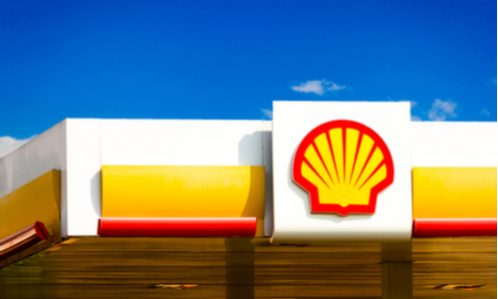Royal Dutch Shell announced on Monday, September 20, it would sell its Permian Basin assets to ConocoPhillips for US$9.5 billion in cash, an exit from the largest US oilfield for the energy major shifting its focus to the renewable energy transition.
For ConocoPhillips, it is the second sizable acquisition in a year in the heart of the U.S. shale industry, as American and European producers diverge in whether to focus on hydrocarbons going forward, reported Reuters.
Like all of the world’s largest oil companies, Shell is under pressure from investors to reduce fossil-fuel investments to help reduce global carbon emissions and fight climate change.
Europeans such as Shell and BP have set targets to slowly move away from crude production while investing in non-fossil energy sources like solar and wind power, while U.S. producers including Exxon Mobil and Chevron are doubling down on hydrocarbons.
Through the deal, ConocoPhillips sides with the latter, but concurrently announced it would tighten its targets for cutting greenhouse gas emissions, an acknowledgement of heightened focus on climate considerations.
ConocoPhillips is acquiring around 225,000 net acres, as well as over 600 miles of associated infrastructure, according to its statement announcing the transaction. This builds on its existing portfolio of 750,000 net acres in the Permian.
U.S. shale producers have used mergers and acquisitions to boost their size to compete against the largest operators and lower production costs through economies of scale.
Want more news? Subscribe to CPI’s free daily newsletter for more headlines and updates on antitrust developments around the world.

